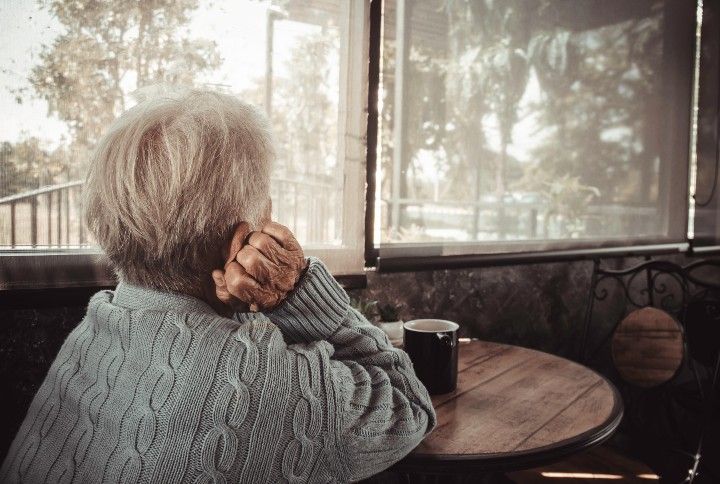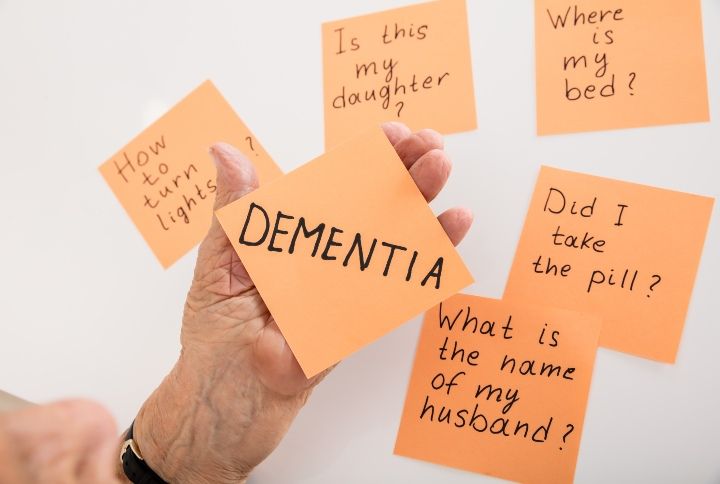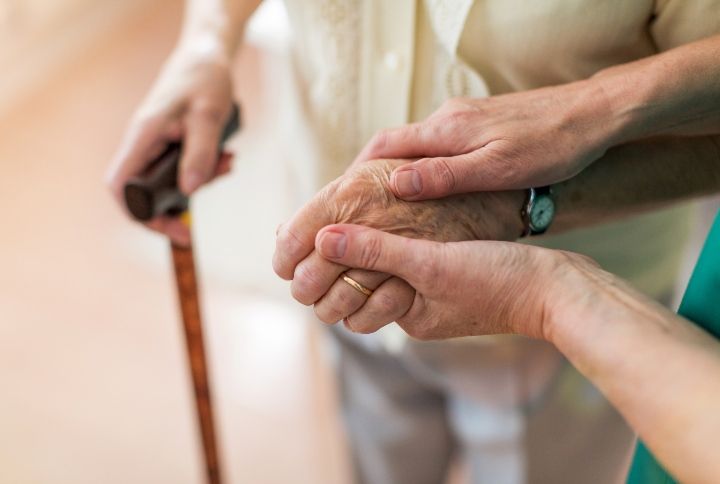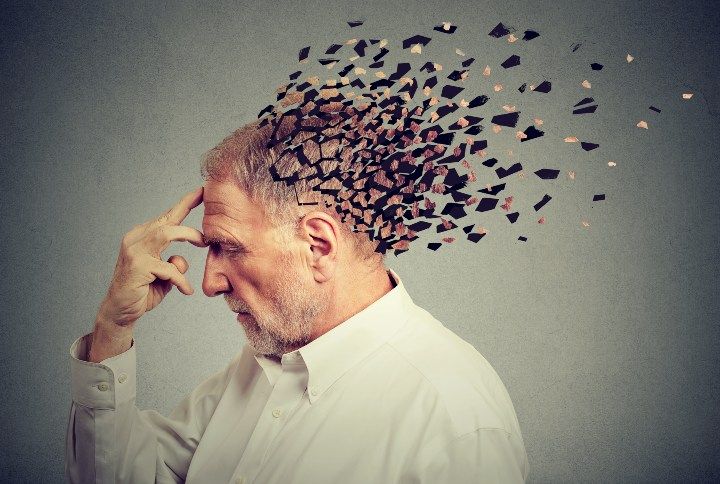Worldwide, around 50 million people have dementia and there are nearly 10 million cases recorded each year. We spoke to Dr Ashish Gosar, Consultant Neurologist at Masina Hospital to understand more about dementia, its symptoms and stages. He started off by saying,
Alzheimer’s disease is the most common cause of Dementia, along with other primary degenerative Dementia such as Frontotemporal Dementia, Dementia with Lewy Body disease, Vascular Dementia and others. Dementia is also one of the major causes of disability and dependency among older people worldwide.
To break it into simpler terms, Dementia is a syndrome where there is a cognitive decline whereby the person’s ability to process thought is decreased beyond what is expected from normal ageing. This leads to impaired memory, thinking, orientation, comprehension, calculation, learning capacity, language and judgement. The reduced cognitive function is often associated with deterioration in emotional control, social behaviour and motivation. It is chronic, slow and progressive in nature.
Dementia affects each person in a different way depending upon the education level, socioeconomic status and individual personality. There is a significant lack of understanding and awareness of dementia, resulting in social stigmatisation. This in turn leads to a significant burden on the family and caregivers. The symptoms of Dementia can be divided into three stages:
Early Stage

The early stage of Dementia is often overlooked as it may be difficult to consider these minor symptoms to be of organic origin. Symptoms are very slow and gradual and often considered to be due to low mood, decrease motivation and part of normal ageing.
Patients have mild forgetfulness in the form of misplacing things, forgetting names, losing track of time and reduced ability in performing skilful work, which would have been done previously without any difficulty.
Middle Stage

As the Dementia progresses, the disability and difficulty start becoming more obvious for the family and caregivers. The patients start becoming more forgetful of recent events and forget familiar names and faces. Sometimes they may lose their way both inside and outside the home.
There is increasing difficulty to perform complex tasks and multiple errors are made without awareness. There may be increased difficulty with communication, personal care and hygiene. Some patients may develop significant behaviour changes which may be sometimes harmful to the caregivers, like being overly aggressive and abusive.
Last Stage

The late stage of Dementia is when the person becomes nearly totally dependent on the caregiver with minimum or no activity. The patient is unaware of time, place, and person and is completely disoriented. They have difficulty in recognising close friends and relatives and require assistance for almost every activity of day to day living. There is a loss of control over bowel bladder habits without any social awareness too. Loss of balance and almost no ability to perform fined skilled works is also observed in the late stage.
Behavioural changes may be extreme and severely aggressive. Diagnosis of Dementia is mainly clinical with supportive investigations such as MRI brain and PET scan may help to confirm the diagnosis and rule out other possibilities. Dr Gosar says,
There is no definite disease-modifying treatment currently available and the treatment remains mainly symptomatic.
Principal Goals For Caregiving For Dementia Patient Remain:
- Early diagnosis
- Optimising physical health
- Treating associated comorbid conditions appropriately
- Keeping the caregivers & family well informed about the long term prognosis
- Appropriate symptomatic medical management
Join Malini’s Girl Tribe to be a part of the conversation.

